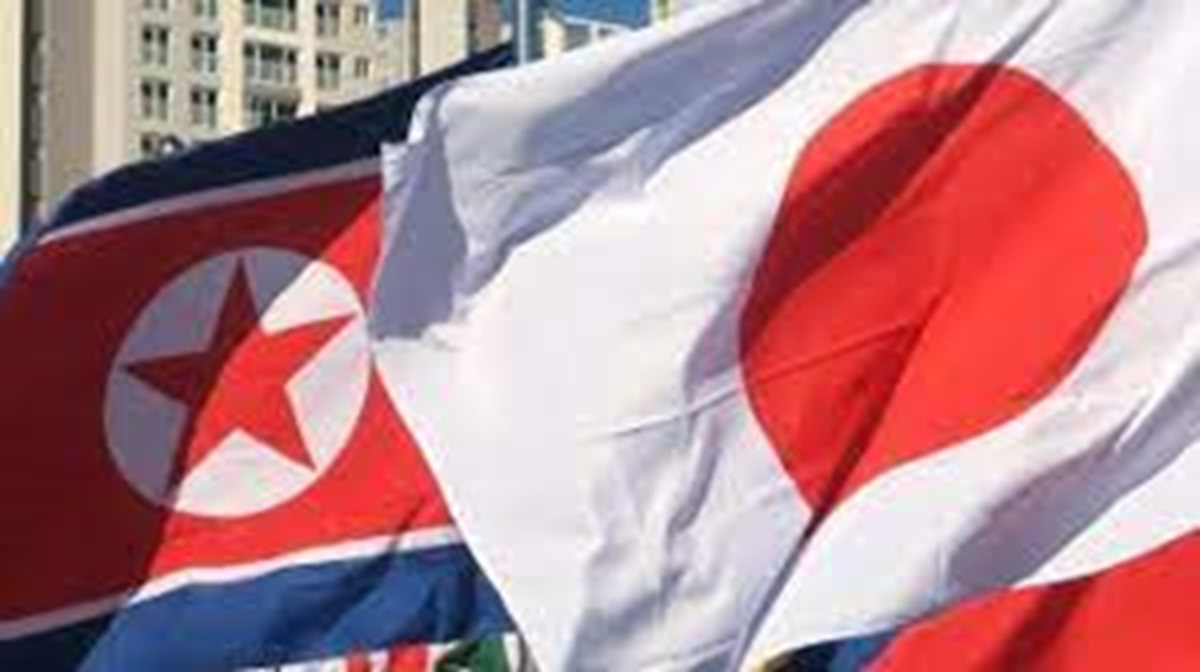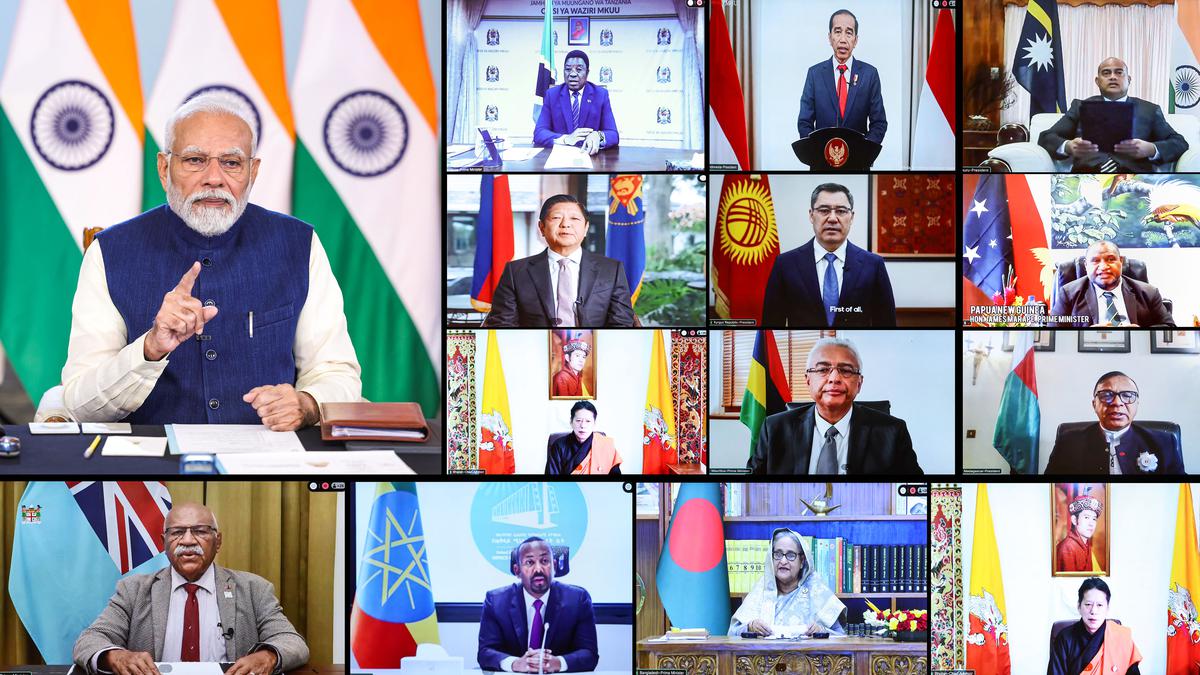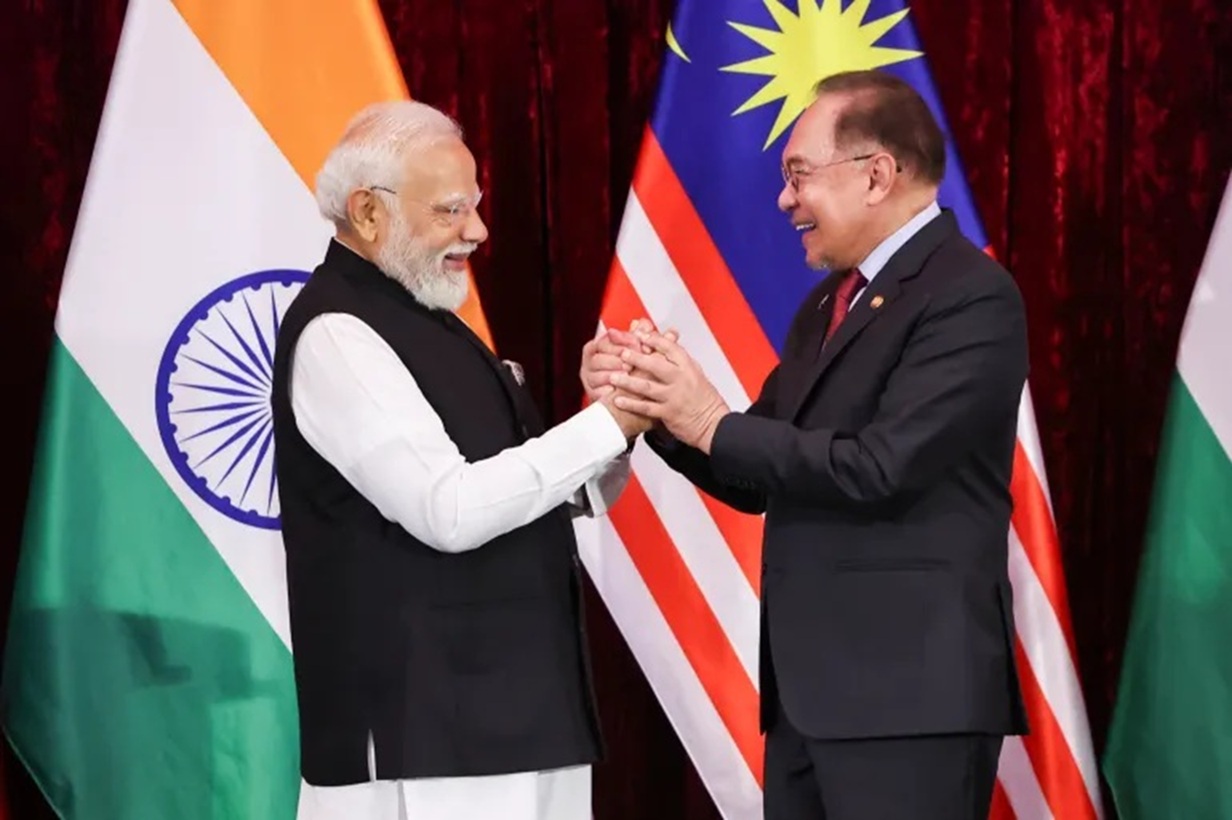After decades of heightened tensions and profound misunderstandings, the surprising announcement by the Japanese Prime Minister to organize a high-level meeting with North Korean leader Kim Jong Un raises hope for a new fruitful dialogue but also raises immense diplomatic challenges. If Japan-North Korea summit take place, it would be an unprecedented event since the end of World War II and the establishment of the communist regime in Pyongyang. It would involve geopolitical stakes of paramount importance for stability in the Asia-Pacific region.
This academic study aims to examine in depth the complex ramifications of a potential resumption of direct dialogue between Japan and North Korea at the highest level. It will analyze the strained historical context that has poisoned bilateral relations, crucial regional security concerns, as well as the thorny issues that should be on the agenda of the talks. The objective is to better understand the risks but also the strategic opportunities that would arise from such a high-level meeting.
A Heavy Burden of Mutual Resentments
The roots of the current tensions between Tokyo and Pyongyang date back to the brutal occupation of the Korean peninsula by the Japanese Empire between 1910 and 1945. This period marked by cultural repression, economic exploitation, and atrocities committed by the imperial army has left indelible scars in the Korean collective psyche, fueling a deep-rooted anti-Japanese resentment that is still very much alive today.
After Japan’s surrender in 1945, which ended 35 years of colonial occupation, the Korean peninsula was divided into two distinct occupation zones controlled respectively by the Soviet Union in the north and the United States in the south. This initial temporary split quickly degenerated into an open conflict between the two regimes, the Korean War (1950-1953). While the latter ended in a stalemate, it enshrined the lasting division of the peninsula into two separate states – communist North Korea and capitalist South Korea.
In the context of the nascent Cold War, the Pyongyang regime adopted a resolutely hostile posture towards Tokyo, the latter being a steadfast ally of Washington. North Korean leaders have maintained historical anti-Japanese resentment for domestic propaganda purposes, demonizing the former colonial occupier as an irrevocable and threatening enemy. In parallel, Japan has strengthened its close ties with South Korea, welcoming millions of immigrant workers and investing massively in the South Korean economy.
The Trauma of Abductions
Another particularly traumatic event further poisoned North Korea-Japan relations. In the 1970s and 1980s, Pyongyang’s secret services abducted several dozen Japanese nationals, notably in remote parts of Europe. These mysterious disappearances were followed by decades of anguish for families before the truth finally came to light.
In 2002, under mounting economic and diplomatic pressure, the North Korean regime admitted to having abducted 13 Japanese citizens as part of a program to train instructors in the Japanese language and culture for its undercover agents. After tough negotiations, five surviving victims were repatriated to Japan, but Pyongyang maintained that the other eight had died, without providing convincing evidence.
This partial admission sparked a political and diplomatic storm in Japan, where public opinion vehemently revolted against these acts of barbarity from another age. The Japanese government hardened its position, demanding the repatriation of all abducted citizens and the full truth about their fate. Despite years of parallel investigations involving survivors and North Korean defectors, the mystery remains over the final fate of many alleged victims.
This human tragedy has deeply traumatized Japanese society, fueling a lingering sense of rancor and distrust toward the regime.
Challenges and Opportunities for the Future
While relations between Japan and North Korea remain marred by a painful past and persistent grievances, the announcement of a potential summit between the two countries also offers glimmers of hope. Direct dialogue at the highest level could pave the way for de-escalation of tensions, regional cooperation initiatives, and even a possible normalization of relations.
However, the challenges to be met are numerous and complex. In addition to outstanding historical issues and legitimate security concerns, negotiators will have to address crucial issues such as North Korea’s nuclear program, human rights, past abductions, and security guarantees for Japan and its regional allies.
Ultimately, the success of such a summit will depend on the political will of both parties to make difficult compromises, build mutual trust, and resolve disputes peacefully and constructively. While the obstacles are many, the potential rewards of a lasting détente in the region justify the efforts made to overcome historical tensions.
The Stakes for Kishida’s Japan in the Meeting with Kim Jong Un
The potential meeting between Japanese Prime Minister Fumio Kishida and North Korean leader Kim Jong Un is of paramount importance for Japan’s foreign policy under Kishida’s leadership. As the new Prime Minister, Kishida faces a series of complex challenges and growing pressure to advance Japan’s national interests in a rapidly evolving geopolitical environment.
First, for Japan, this meeting represents an opportunity to resolve the historical disputes and bilateral grievances that have hindered relations with North Korea for decades. By addressing issues such as the abductions of Japanese nationals and territorial claims, Kishida could seek to defuse tensions and pave the way for closer cooperation between the two countries.
Second, at the regional level, Japan faces a series of security challenges, including North Korea’s continuing provocations, its nuclear and ballistic missile programs, as well as rising tensions in the East China Sea. A meeting with Kim Jong Un offers a strategic opportunity for Japan to strengthen preventive diplomacy and seek peaceful solutions to these pressing security challenges.
Third, on the international stage, such a meeting could allow Japan to play a mediating and facilitating role in resolving conflicts in the Asia-Pacific region. By collaborating with North Korea on issues such as denuclearization, human rights, and economic cooperation, Japan could bolster its credibility as an influential regional actor and promote stability in its immediate neighborhood.
Finally, on the domestic political front, the success of a meeting between Kishida and Kim Jong Un could strengthen the legitimacy and popularity of the new Japanese government. By demonstrating its ability to engage in constructive dialogue with a regime long regarded as an adversary, Kishida could consolidate his political support and strengthen his position as a leader capable of successfully navigating the turbulent waters of foreign policy.
However, these stakes are not without risks. A meeting with Kim Jong Un poses considerable challenges, including the need to maintain unity with Japan’s regional allies, particularly the United States and South Korea, and to ensure that any engagement with North Korea translates into tangible progress toward peace and stability in the region.
In conclusion, the potential meeting between Kishida’s Japan and Kim Jong Un’s North Korea represents a crucial step for Japanese foreign policy. By navigating these complex issues with prudence and determination, Japan could pave the way for a new era of cooperation and stability in the Asia-Pacific region.
Title image courtesy:Kyodo News
Disclaimer: The views and opinions expressed by the author do not necessarily reflect the views of the Government of India and Defence Research and Studies

References
1. Smith, J. (2019). “Japan-North Korea Relations: Historical Perspectives and Contemporary Challenges.” Asian Studies Review, 43(2), 201-218.
2. Lee, S. H. (2020). “The Impact of North Korea’s Abductions on Japan-North Korea Relations.” Pacific Affairs, 93(1), 85-106.
3. Park, J. H. (2018). “The Geopolitical Implications of Japan-North Korea Relations: A Comparative Analysis.” Journal of East Asian Studies, 18(3), 285-305.
4. Kim, Y. S. (2017). “Security Dilemma and Alliance Politics: The Case of Japan and North Korea.” International Relations of the Asia-Pacific, 17(1), 45-67.
5. Nakamura, T. (2019). “Japan’s Foreign Policy Toward North Korea: Challenges and Opportunities.” Journal of Japanese Studies, 45(2), 345-367.
6. Choi, S. H. (2020). “North Korea’s Nuclear Program and Japan’s Security Concerns: A Strategic Analysis.” Security Studies, 29(4), 512-535.
7. Yamamoto, K. (2018). “The Politics of Memory: Japan’s Historical Apologies to North Korea.” Journal of Northeast Asian History, 15(1), 123-145.
8. Kang, S. H. (2019). “Japan’s Security Policy Toward North Korea: An Examination of Historical Narratives.” The Pacific Review, 32(5), 701-723.
9. Lee, M. S. (2017). “Japan’s Balancing Act: Alliance Politics and Diplomatic Engagement with North Korea.” Asian Security, 13(3), 215-235.
10. Park, K. J. (2018). “Normalization of Japan-North Korea Relations: Challenges and Prospects.” Korean Journal of International Studies, 16(1), 87-109.






